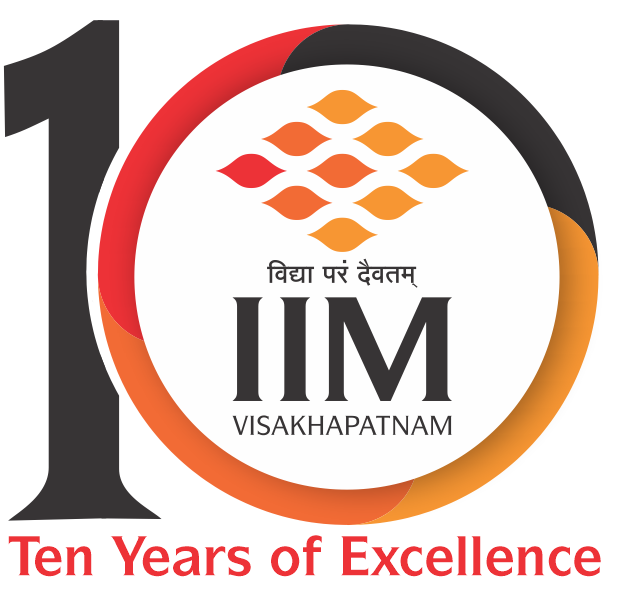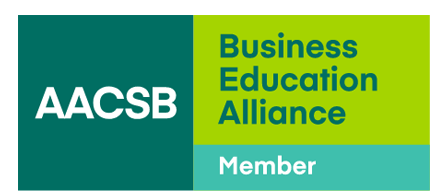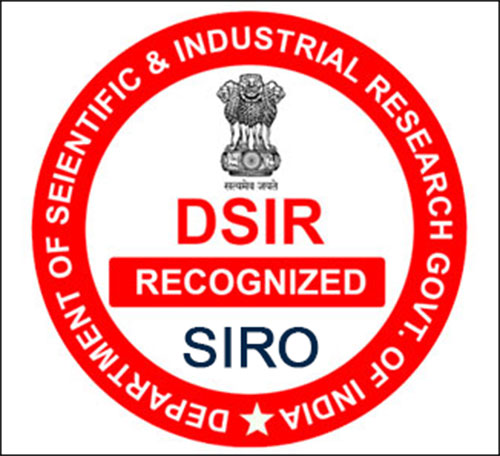Program Hours
Semester | On-Campus | Off-Campus Hours | |
Offline | Online | ||
1 | 80 | 160 | |
2 | 80 | 150 | |
3 | 80 | 10 | 160 |
4 | 10 | 140 | (Guidance/ mentoring |
250 | 150 | 470 | |
Each Semester will have a stock-taking and goal-setting exercise involving review of learning-experiences and planning for the next Semester.
AndragogySl. No. | Core Courses | Credits |
1. | Foundations of Management 1 (Microeconomics) | 2 |
2. | Foundations of Management 2 (OB&HR) | 3 |
3. | Foundations of Management 3 (Strategy) | 3 |
4. | Foundations of Management 4 (Marketing) | 3 |
5. | Decision Sciences 1: Managerial Statistics | 3 |
6. | Introduction to Sectoral Management | 3 |
7. | Management of Information Systems | 3 |
8. | Digital Government Architecture | 3 |
9. | Foundations of Management 5 | 3 |
10. | Foundations of Management 6 (Finance) | 3 |
11. | Macroeconomics | 2 |
12. | Public Finance Management | 2 |
13. | Research Methodology | 3 |
14. | IT Project Management | 3 |
15. | Design and Management of Digital Platforms | 3 |
16. | Information and Data Security | 3 |
17. | Decision Sciences 2: Management Science | 2 |
18. | Digital Governance | 2 |
19. | Business Process Re-Engineering and | 3 |
20. | Law & Ethics in Digital Technologies | 2 |
21. | Technology Services & Infrastructure Management | 3 |
22. | Managerial Communication | 2 |
Sl. No. | Course – Electives | Credits |
1. | Introduction to Public Policy | 3 |
2. | Information & Communications Technology for | 3 |
3. | Public Private Partnership (Focus on e-Governance) | 2 |
4. | Entrepreneurship Policy & Management | 2 |
5. | Data Security & Governance – Level 2 | 3 |
6. | Data Science in Decision Making | 3 |
7. | AI/ML with Programming | 3 |
8. | Applications of AI/ML (No programming) | 1.5 |
9. | Applications of Blockchain & Cyber-physical Systems | 1.5 |
10. | Applications of SMAC & IoT/IIoT | 1.5 |
11. | Academic Writing | 2 |
Sl. No. | Workshops/Field Visits/International Immersion/Capstone Project | Credits |
1. | Domestic Field Visit to showcase Digital Governance | 1 |
2. | International Immersion (2 weeks) | 6 |
3. | Capstone Project (4 months) | 8 |
4. | 2 Workshops on themes such as Project Management, | 2 |
Total Credits – 87
Total Hours – 870
Courses are subject to change / customization. Some of the above courses may be offered as Electives.
Each Course will have well-defined learning objectives and outcomes, andragogy to be adopted, session plan with specified readings and cases and evaluation scheme. The course pack will comprise textbook(s), reading material and case studies.
International Immersion- Imake their own arrangements of stay during the programme component abroad;
- alter their travel class, travel plans/dates and/or travel routes;
- seek any addition/change/upgrade in facilities, amenities, or arrangements, being provided commonly/uniformly to all the participants.
Arrangements such as travel by economy-class (Visakhapatnam-Foreign Destination-Visakhapatnam), accommodation (single-occupancy), food, local transport etc. will be made by IIMV through the collaborating institution. Participants will not be permitted to:
make their own arrangements of stay during the programme component abroad;
alter their travel class, travel plans/dates and/or travel routes;
seek any addition/change/upgrade in facilities, amenities, or arrangements, being provided commonly/uniformly to all the participants.
Capstone Project







.jpg)






